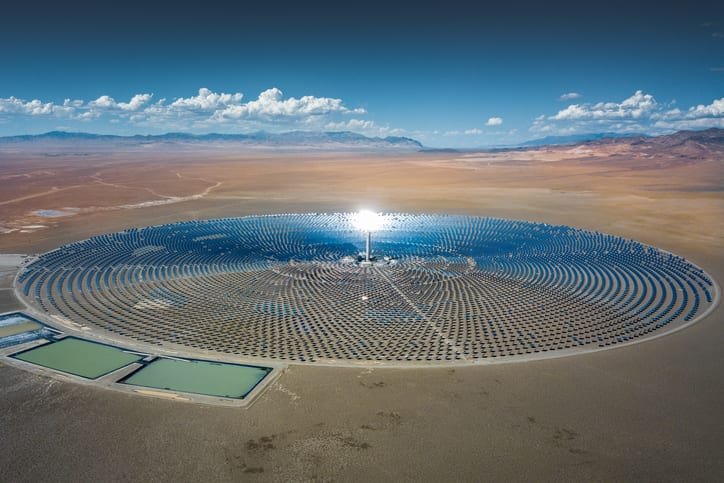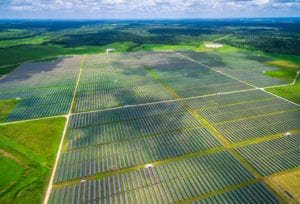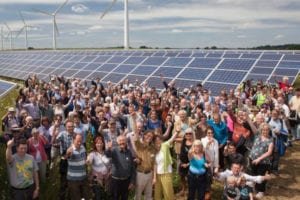Accelerating energy transitions on a path to climate safety can grow the world’s economy by 2.4% over the expected growth of current plans within the next decade, a new analysis from the International Renewable Energy Agency (IRENA) shows.
The Agency’s 1.5°C pathway foresees the creation of up to 122 million energy-related jobs in 2050, more than double today’s 58 million.
Renewable energy alone will account for more than a third of all energy jobs, employing 43 million people globally to support the post-Covid recovery and long-term economic growth.
A ‘positive energy narrative’
IRENA’s World Energy Transitions Outlook sees renewables-based energy systems instigating profound changes that will reverberate across economies and societies.
Sharp adjustments in capital flows and a reorientation of investments are necessary to align energy with a positive economic and environmental trajectory.
Forward-looking policies can accelerate transition, mitigate uncertainties and ensure maximum benefits of energy transition.
The annual investment of $4.4 trillion needed on average is high – but it is feasible and equals around 5% of global GDP in 2019.
‘This Outlook represents a concrete, practical toolbox to total reorientation of the global energy system and writes a new and positive energy narrative as the sector undergoes a dynamic transition.
‘There is consensus that an energy transition grounded in renewables and efficient technologies is the only way to give us a fighting chance of limiting global warming by 2050 to 1.5°C. As the only realistic option for a climate-safe world, IRENA’s vision has become mainstream.’
FRANCESCO LA CAMERA
IRENA’s director-general
The value of an energy transition
Over the next decade it will become clear whether we will achieve the Paris and Sustainable Developments goals. Any delay will drive us to the direction of further warming, with profound and irreversible economic and humanitarian consequences.
Phasing out coal, limiting investments in oil and gas to facilitate a swift decline and a managed transition – as well as embracing technology, policy and market solutions – will put the global energy system on track for a 1.5°C pathway.
By 2050, a total $33 trillion of additional investment is required into efficiency, renewables, end-use electrification, power grids, flexibility, hydrogen and innovations. The benefits, however, greatly exceed the costs of investments.
When air pollution, human health and climate change externalities are factored in, the payback is even higher with every dollar spent on the energy transition adding benefits valued at between $2 and $5.5, in cumulative terms between $61 trillion and $164 trillion by mid-century.
 Play Video about This Rock Might Just Save The World
Play Video about This Rock Might Just Save The World Play Video about Play 2 hours of rock
Play Video about Play 2 hours of rock Play Video about Play 2 hours of brook
Play Video about Play 2 hours of brook Play Video about Play 2 hours of sheep
Play Video about Play 2 hours of sheep














































